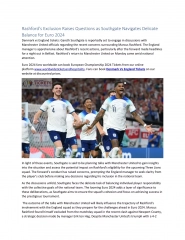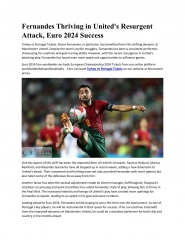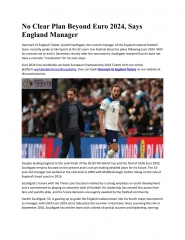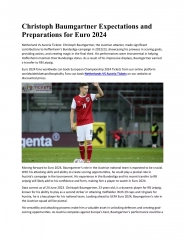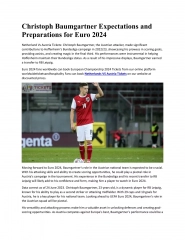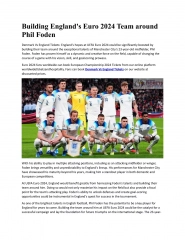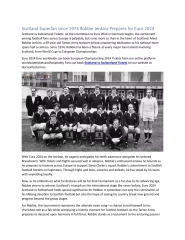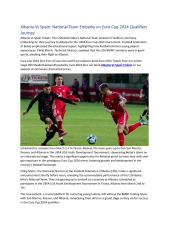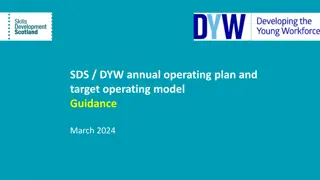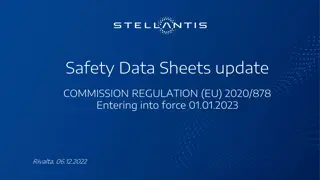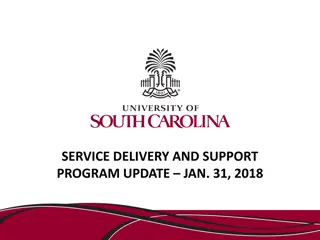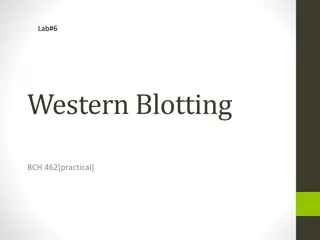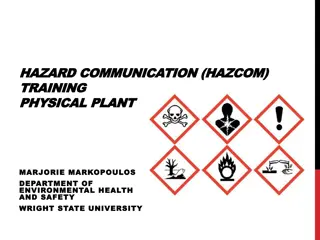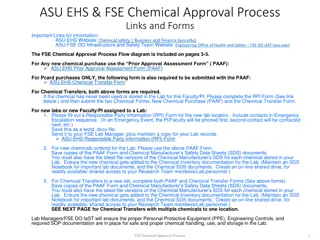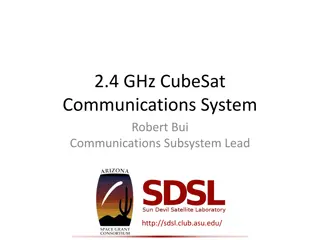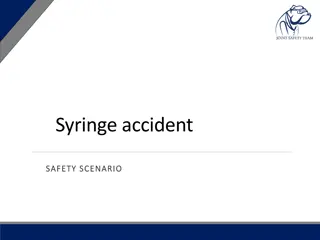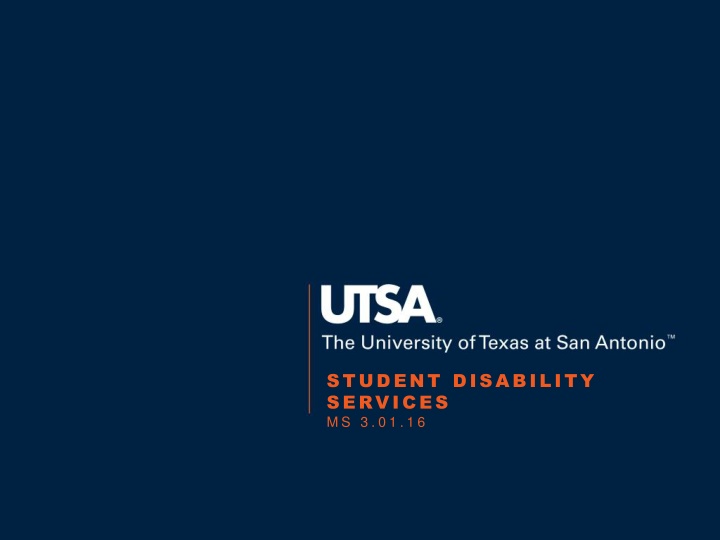
Supporting Students with Disabilities at UTSA: Overview & Accommodation Process
Empower students with disabilities at University of Texas at San Antonio (UTSA) through Student Disability Services (SDS). Learn about the mission, impact, legal foundations, faculty responsibilities, common disabilities supported, and the accommodation process. Ensure accessibility, inclusion, and equal opportunities in the classroom.
Download Presentation

Please find below an Image/Link to download the presentation.
The content on the website is provided AS IS for your information and personal use only. It may not be sold, licensed, or shared on other websites without obtaining consent from the author. If you encounter any issues during the download, it is possible that the publisher has removed the file from their server.
You are allowed to download the files provided on this website for personal or commercial use, subject to the condition that they are used lawfully. All files are the property of their respective owners.
The content on the website is provided AS IS for your information and personal use only. It may not be sold, licensed, or shared on other websites without obtaining consent from the author.
E N D
Presentation Transcript
STUDENT DISABILITY SERVICES M S 3 . 0 1 . 1 6
Supporting Students with Disabilities In Your Classroom Presented by: Roselena Balderas, MA Executive Director, Student Disability Services University of Texas at San Antonio
Overview of Student Disability Services (SDS) Mission: We empower students with disabilities to achieve access so they can be successful at UTSA and beyond What We Do: Facilitate accommodations Provide resources for students and faculty Promote an inclusive campus culture for students with disabilities.
Overview of Student Disability Services (SDS) Our Impact: Currently, we have 2013 students registered with SDS We have sent out 4047 email notification letters to faculty for the current semester That is an average of about 16,188 academic accommodations being implemented in courses throughout UTSA
Legal Foundations Relevant Laws: Americans with Disabilities Act (ADA) Section 504 of the Rehabilitation Act Equal Access Removing Barriers Non Discrimination Laws That Protect Adults with Disabilities From Exclusion, Discrimination and Unequal Treatment
Legal Foundations Faculty Responsibility: Ensure accessibility and equal opportunity to learning. Ensure that approved accommodations are being implemented in their course. SDS Role: Collaborate and consult with faculty to meet legal and ethical obligations.
Common Disabilities at UTSA Examples of Disabilities that SDS Supports o Learning Disabilities (e.g., reading disorders, math disorders, writing disorders) o Mental Health Conditions (e.g., anxiety, depression) o Physical Disabilities (e.g., mobility impairments, chronic illness) o Neurodivergence (e.g., autism spectrum disorders)
Accommodation Process 1. Student Registration: Students register with SDS and provide documentation. 2. Accommodation Determination: Individualized based on documentation and needs. 3. Accommodation Letters: Students must request accommodations on a semester basis. Once request is made, accommodation notifications are sent to faculty outlining approved accommodaitons 4. Faculty Role: Implement accommodations and collaborate with SDS as needed
Common Classroom Accommodations Testing Accommodations: Extended time with instructor, reduced distraction environment Note Taking Accommodations: Audio taping, use of assistive technology, peer note taker Accessible Materials: Digital formats, captioned videos, accessible presentations Attendance/Tardiness Leniency: Flexibility for students with chronic conditions
How Faculty Can Support Students 1. Foster An Inclusive Environment For Students with Disabilities. Include a disability statement in the syllabus Normalize accommodations as part of the academic experience Utilize Principles of Universal Design for Learning which emphasize proactive strategies to ensure that learning environments are designed from the start to accommodate diverse needs. (Academic Innovation Plug)
How Faculty Can Support Students 2. Be Proactive Use accessible course materials (PDF s with OCR, alt-text for images). 3. Maintain Confidentiality Never disclose a student s disability or accommodations needs to the class 4. Communicate Clearly Have a clear conversation about the implementation of the student s accommodations in your course and encourage students to approach you with concerns about accommodations
Challenges Questions? Would anyone like to share what type of challenges Faculty encounter working with students with disabilities in a physical and/or virtual classroom environment?
Resources Faculty/Staff Resource Guide FAQ s For Instructors Digital Learning and Accessibility
Contact Information Student Disability Services (SDS) Multidisciplinary Studies Building (MS) 3.01.16 210-458-4157 disability.services@utsa.edu

